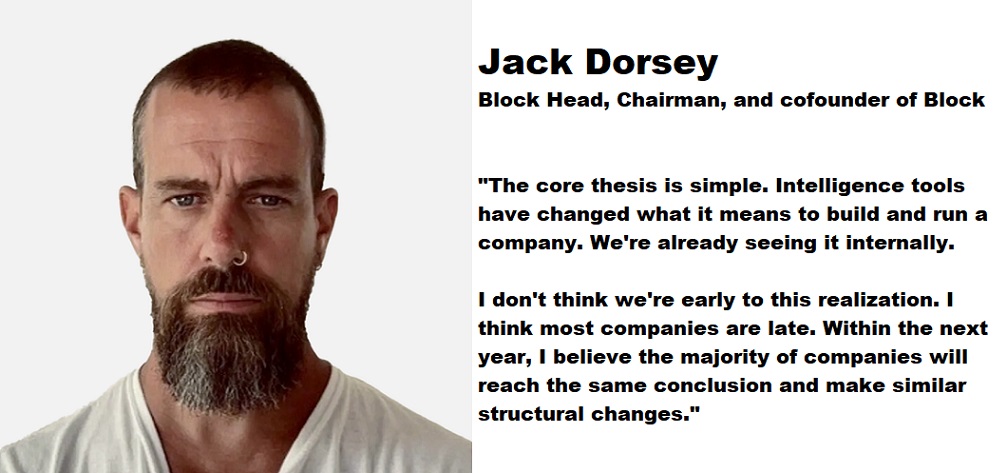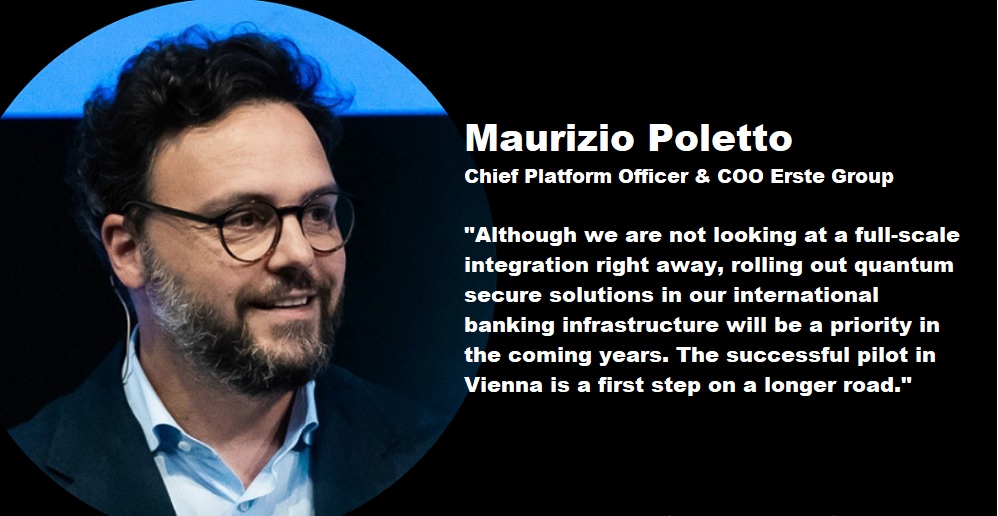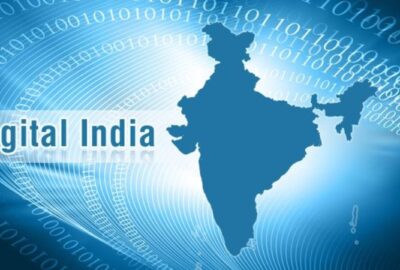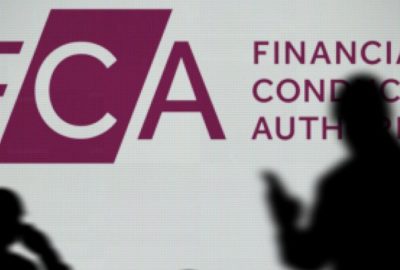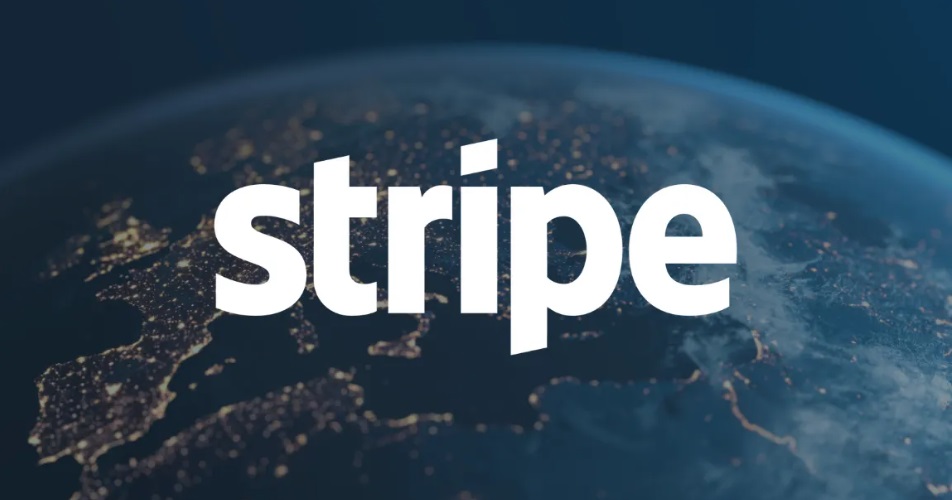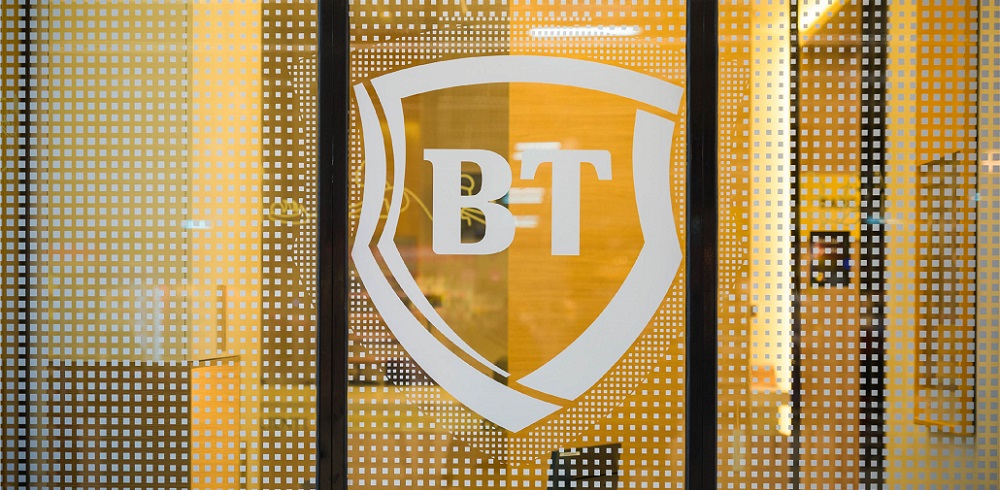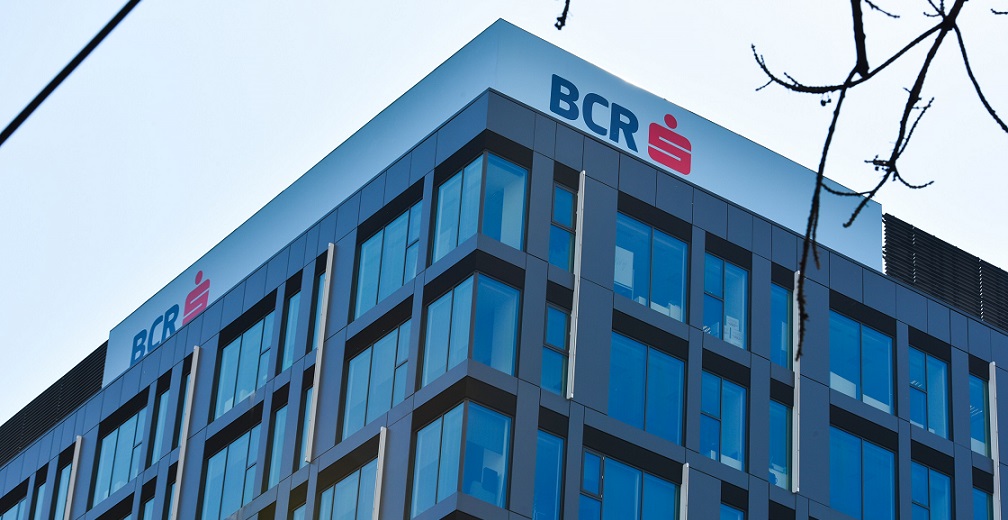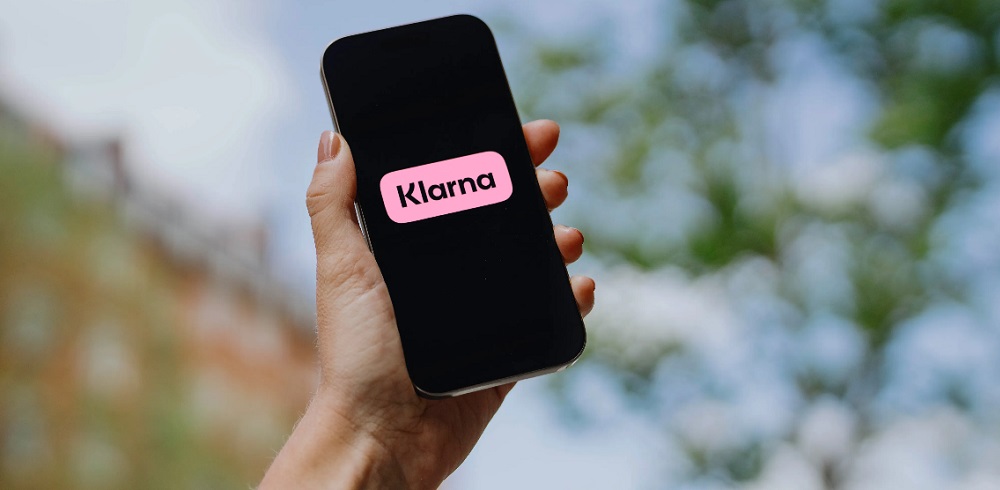MasterCard study: 20% of Europeans don’t want a bank account and 10% don’t trust banks with their money

Mastercard conducted a face-to-face survey among 635 respondents in 6 markets (UK, Poland, Italy, Russia, France and Spain) across Europe. The survey found that 138 million Europeans are financially cut off from society – without a bank account or payment methods.
Mastercard today announced findings from new research into those who are financially excluded across Europe, finding a third (33%) are employed full time and 35% are aged 18-34. „Surprisingly, 87% of the financially excluded people surveyed have lived in the same country their whole lives. The findings also revealed that 38% pay their rent in cash and, incredibly, 88% of those surveyed pay for all of their other amenities in cash.”, the press release say.
However, among this same section of society, the research uncovered a vastly increased proliferation of technology. Access to technology via smartphone usage has significantly increased, from 29% in 2013 to 49% in 2016. Yet, a quarter (27%) still find they are unable to access financial products and services, highlighting a definitive disconnect between those using technology and those accessing financial products and services.
A constant need to rely on cash leaves these people extremely vulnerable to loss or theft of money, payment disputes – as there is no electronic trail or proof or purchase, and a complete inability to prepay or schedule payments ahead of time. This section of society may then seek unsuitable, alternative payment methods, due to cash-flow issues, which can lead to debt.
Commenting on the findings, Ann Cairns, President International for Mastercard, said: “For many people the concept of exclusion is often seen as a developing markets problem but today’s report shows clearly that this is as much of a problem in the perceived developed markets of Europe as it is around the world. Exclusion has a serious impact on a person’s quality of life, denying them basic benefits and choice including increased protection, convenience and access to the global economy. That the tools and technology are readily available to those who are in need of inclusion demonstrates that this is a solvable problem and one that partnership, education and innovation can easily solve.”
„The research suggests the main reasons behind the absence of a full bank account or banking services are a lack of knowledge, and mistrust of the banking sector. A fifth (20%) do not want a bank account at all and a further 10% say they do not trust banks with their money.”, according to the press release.
Ann Cairns added: “While the findings on financial inclusion are troubling, given the sharp increase in access to technology like smart phones, it is clear that the road to financial inclusion is a digital one. By tapping into the rapid rise in technology, we can develop new solutions to ensure everyone in Europe has access to the financial system. This will directly improve millions of lives and benefit us all by encouraging a fairer, more equal society.”
For the link to the full report, please click here.
Dariusz Mazurkiewicz – CEO at BLIK Polish Payment Standard
Banking 4.0 – „how was the experience for you”
„To be honest I think that Sinaia, your conference, is much better then Davos.”
Many more interesting quotes in the video below:

